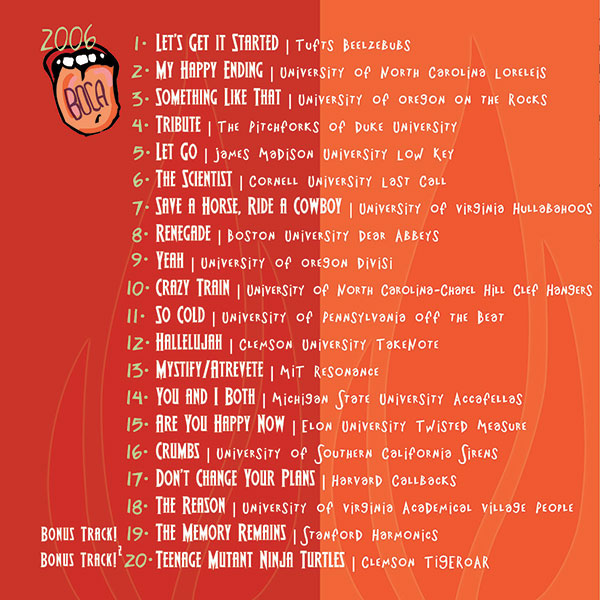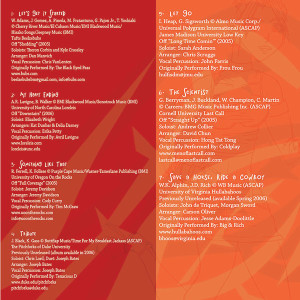

Das Original findet sich auf dem Various Positions-Album von 1984.

Davon knapp 700 Hallelujah-Versionen sind bekannt. Derzeit werden in Fan-Kreisen knapp 4000 Coverversionen gezählt. R.I.P.Die Zahl der Coverversionen von Leonard Cohen-Songs geht ins Unermessliche. List of some of the covers of Leonard Cohen’s Hallelujah (Data from ) ArtistĬovers unconvered – Live acoustic concert I Gang, it isn’t a Christian hymn, so, please, don’t pretend it is. When I can look into my wife’s eyes and be thankful that the song isn’t about our relationship. When the kids are sleeping on coats on the benches beside the dance floor.

It belongs at a dance at the tail end of the second set, or just before the musicians take their last break for the night. I want to hear this song, but in the right setting. Sure, some of the Christian artists cut out the “naughty bits” or most of them… and maybe even add their own verses.īut isn’t that a blatant admission that the song itself is not really a Biblical Christian Hymn? And it appears from the list of cover artists, that anybody can bring their theology or interpretation to the song without ruining the song. I’ve told the truth, I didn’t come to fool youĬohen certainly has produced a memorable song. Cohen calls him the “Lord of Song.” One of the implications is that the tragic sorrow filled broken love lives of people are merely the lyrics of the song written by this “Lord of Song.” The Agnostic argument continues to the next verse, where the notion of religious belief is relegated to a personal issue.īut if I did, well, really, what’s it to you?Īnd yet, somehow the song’s narrator hopes to stand before some kind of god at the end.
#CLEMSON TAKENOTE HALLELUJAH HOW TO#
Was how to shoot at someone who outdrew you The song itself promotes an Agnostic view of God The word Hallelujah “Praise the Lord” is used here as a double entendre. She broke your throne, and she cut your hairĪnd from your lips she drew the Hallelujah Her beauty in the moonlight overthrew you Cohen makes it sound like David had his hair cut by a woman who betrayed him, or perhaps it is the song’s narrator who is tied up by his lover: The references, however, are either confused or poetically reinterpreted. The references to Scripture are to similar situations with David and Bathsheba, Sampson and Delilah. The song itself is about a love/sex relationship that is being destroyed by the couple. The reference to “the holy dove” in the song is made in reference to innuendo about sexual pleasure. The letters IDTIMWYTIM mean “I don’t think it means what you think it means.” Hundreds of Christian artists have covered this song as if it were a Christian hymn. It has references to Scripture–or at least appears to, and even refers to “the holy dove.” Most importantly it says “Hallelujah” lots and lots of times. In 1984 he wrote and released one of the most covered and widely loved pop-songs in history: “Hallelujah.” A devout observant Jew, who began studying Zen in 1970, became a Zen Buddhist monk in 1996.


 0 kommentar(er)
0 kommentar(er)
